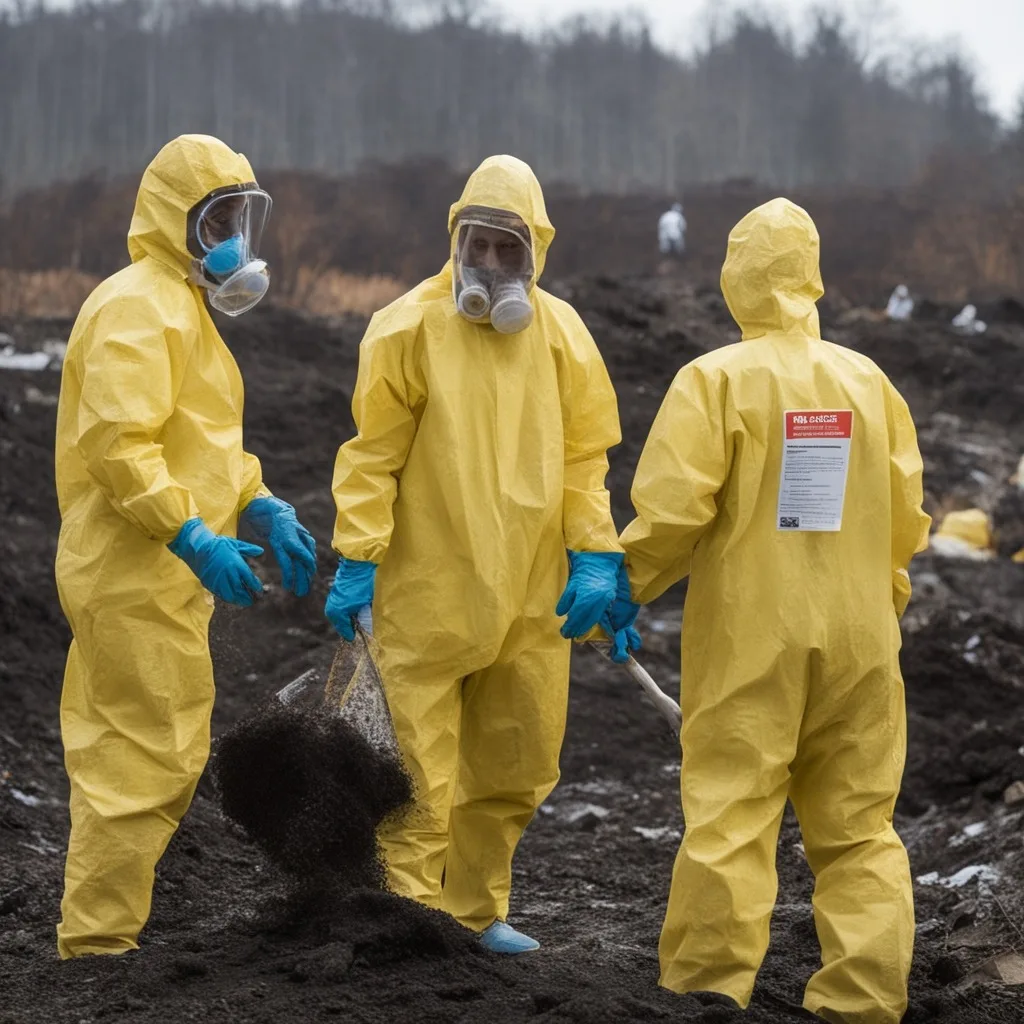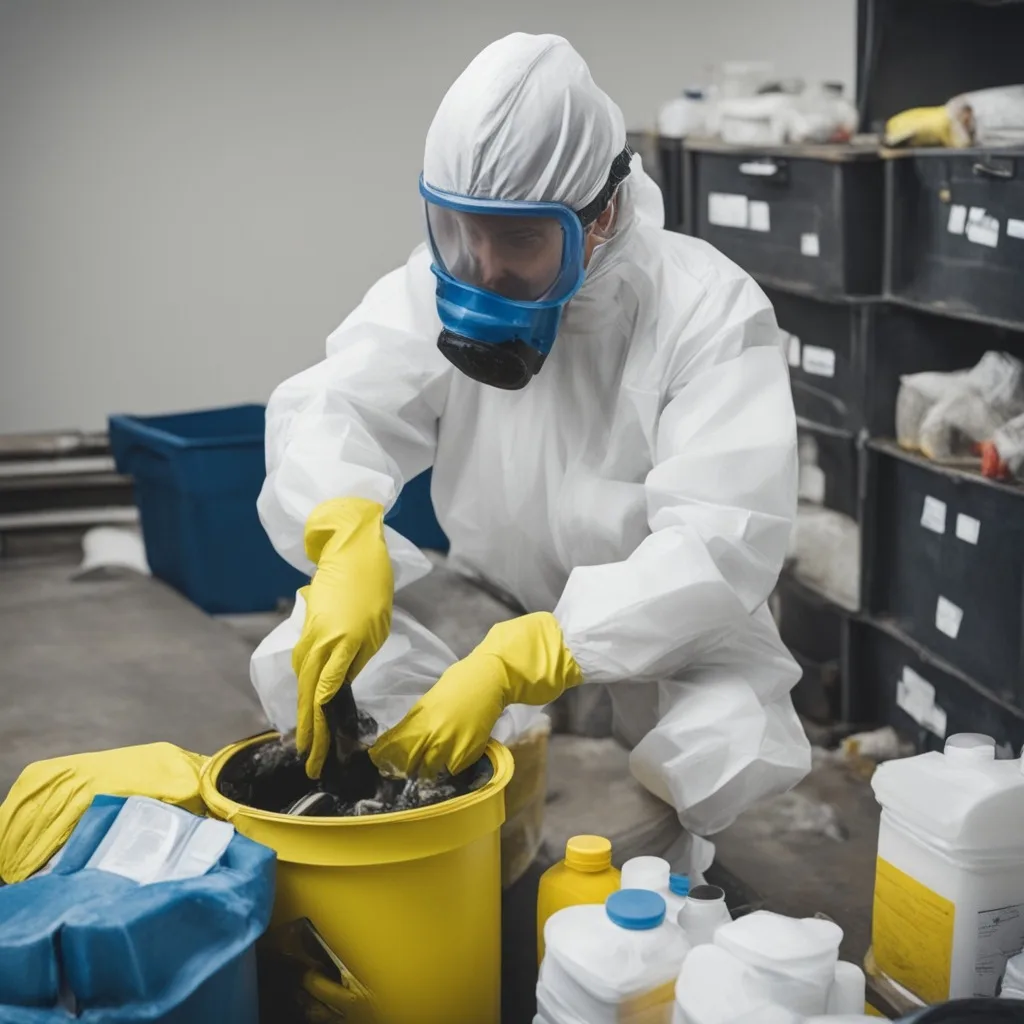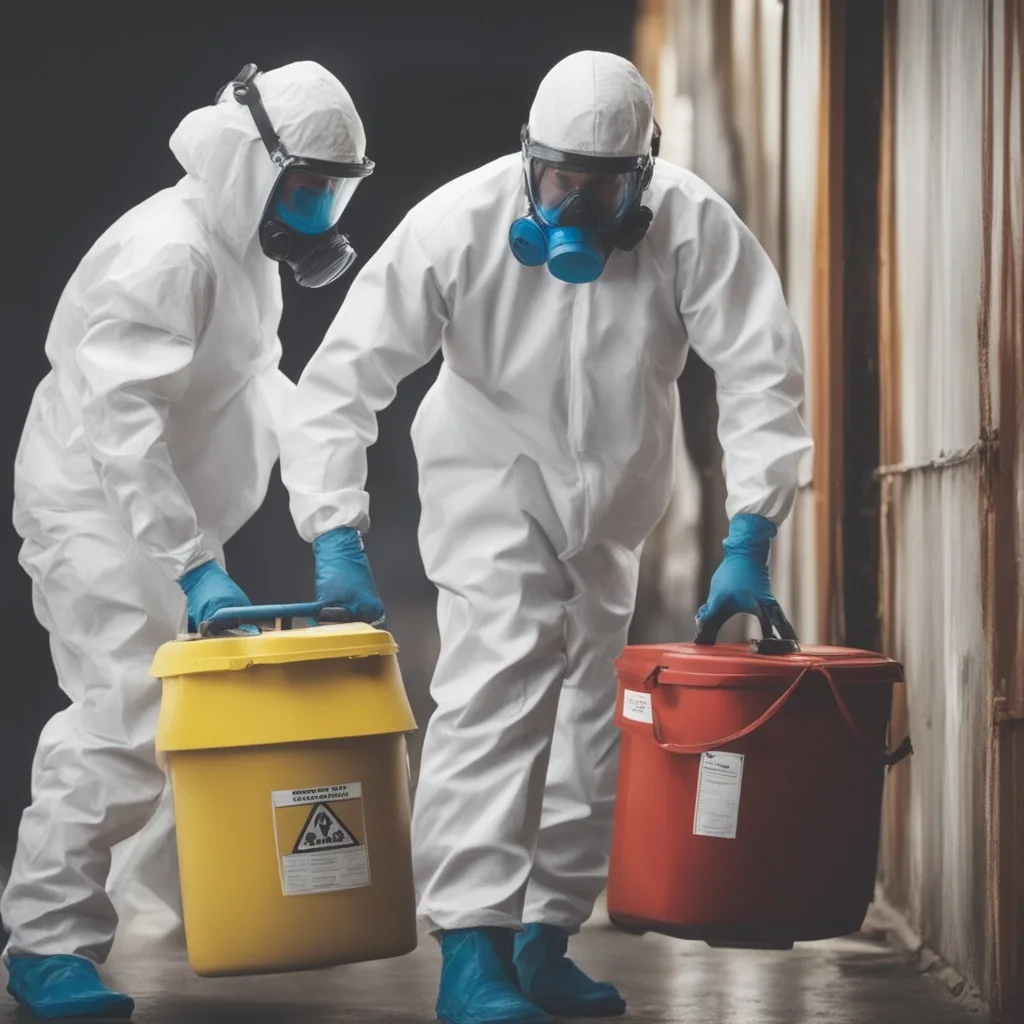Managing Hazardous Waste in Removals
Navigating the regulations surrounding hazardous waste is crucial for businesses to ensure compliance and maintain a safe environment. Hazardous waste, as defined under environmental legislation, includes substances or materials that could be harmful to human health or the environment. While not all hazardous waste poses an immediate risk in rubbish removals, proper waste management and rubbish disposal is essential to prevent harm to people and the environment, and to avoid legal consequences for the people or companies involved.
First and foremost, determining whether your waste is hazardous. Hazardous waste can include, but is not limited to:
- Asbestos
- Chemicals: Such as brake fluid or print toner.
- Batteries
- Solvents
- Pesticides
- Oils: Non-edible oils, like car oil.
- Equipment containing ozone-depleting substances: For example, fridges.
- Containers that held hazardous waste.
If your business produces, stores, transports, or receives any of these materials, you are subject to specific regulatory requirements.
You may also want to read about what rubbish you can put in a skip!
As a business involved with hazardous waste, you have a duty of care to ensure that the waste does not cause harm or damage. This duty extends to various roles within the waste management process, including:
- Producers or holders: Businesses that produce or store hazardous waste.
- Carriers: Entities that collect and transport hazardous waste.
- Consignees: Facilities that receive hazardous waste for recycling or disposal.
Hazardous waste must be stored safely and separated from other types of waste to prevent contamination and ensure safe handling. This involves using suitable containers and clearly labeling them to identify the hazards.
Disposal or recycling of hazardous waste must be carried out by authorised businesses, such as Taylors Skip Hire. Businesses should:
- Verify that waste carriers are registered and that waste sites hold the necessary environmental permits. We are registered; our registration number is CBDU337393.
- Fill out consignment notes correctly, retaining one copy for your records and providing two copies to the carrier.
Records should be kept for three years at the premises that produced or stored the waste. Non-compliance can result in significant fines and reputational damage, underscoring the importance of understanding and implementing these regulations within your operations.
For your waste removal needs, including skip hire, rubbish removals, and site clearances, we at Taylors Skip Hire offer reliable and compliant services. We can manage the non-hazardous aspects of your waste streams and help you find the right channels for your hazardous waste.
Taylors Skip Hire is committed to eco-friendly waste disposal across towns like Holmethorpe, Lingfield, Nutfield, Mugswell, Netherne-on-the-Hill, and Burgh Heath. With a focus on recycling, eco-friendly disposal, and minimising landfill, our team ensures that your waste is processed as responsibly as possible - without the hassle.For more information on our services and how we can assist with your waste management strategy, please contact us today. Let's work together towards safer, more sustainable waste management practices.




